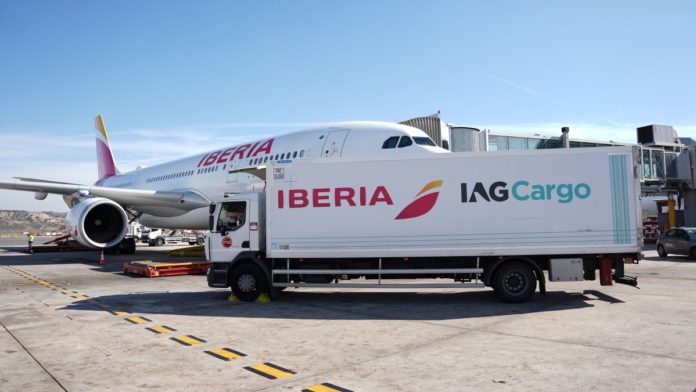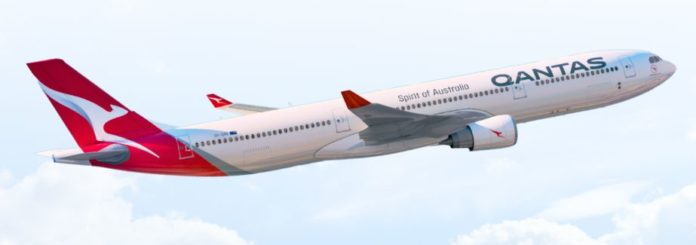DHL Group is to acquire 100% of Cryopdp, a global provider of supply chain solutions for the life sciences sector from Nashville-based parent company, medical logistics specialist Cryoport, subject to regulatory approvals.
Cropdp specialises in movements for clinical trials, biopharma and cell and gene therapies. It has offices in 15 countries and processes over 600,000 shipments per year, serving customers and patients in over 135 countries.
At the same time, DHL is entering into a strategic partnership with Cryoport. The two companies aim to strengthen their supply chain services offering to the global life sciences and healthcare sector.
DHL Group already has an established life sciences and healthcare business that contributed over €5 billion to global sales in 2024.
Chief executive of DHL Supply Chain, Oscar de Bok, said: “The acquisition of Cryopdp is a crucial step for our supply chain business as we look to further expand our Pharma Specialized Network to meet the evolving needs of clinical trials, biopharma and cell and gene therapies, while further strengthening our presence in the conventional pharma and life sciences healthcare segment. The acquisition of CRYOPDP and the expanded partnership with Cryoport Inc. will enable us to offer integrated end-to-end solutions that enhance our capabilities.”
Cryoport chief executive, Jerrell Shelton, added: “We are very pleased to be able to further expand our trusting relationship with DHL Group. Together, we will offer an expanded range of supply chain solutions to meet the critical supply chain needs of businesses and patients. This strategic partnership combines the strong expertise of DHL Supply Chain and Cryopdp and provides Cryoport with the opportunity to further expand its presence in global growth markets such as Asia Pacific, as well as Europe, the Middle East and Africa.”

















